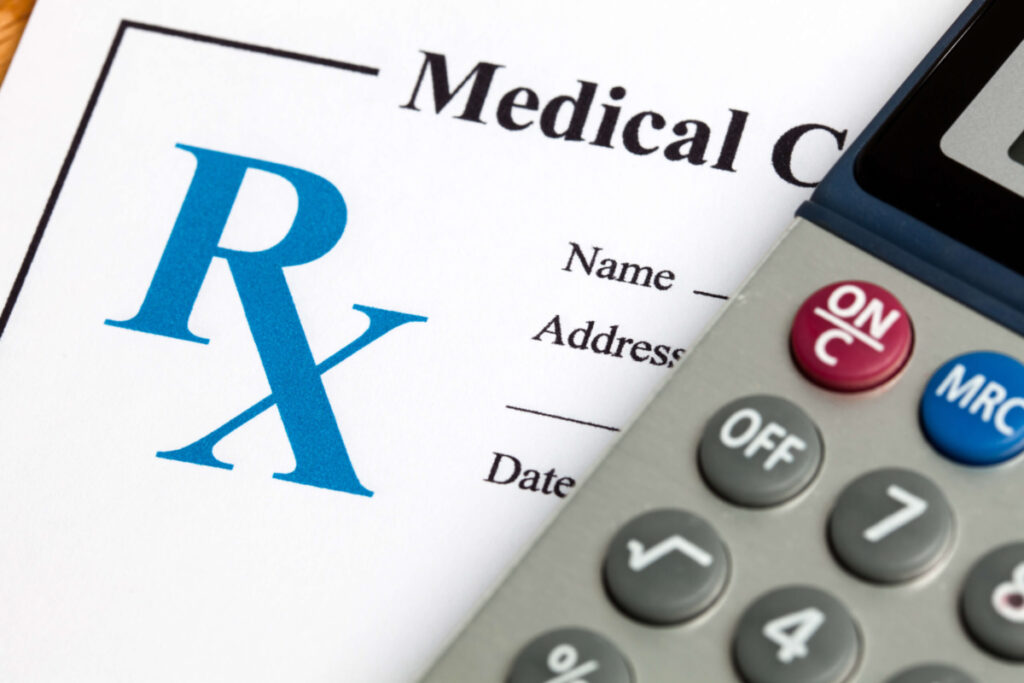Last week, Gov. Gavin Newsom captured national attention when he announced California’s intention to produce its own generic drugs, building on earlier state efforts. Last year, the governor issued an executive order charging public payers to combine their purchasing power to negotiate better prices, and to eventually expand to include other payers in the state.
The idea to produce generics has roots in the efforts of 10 health systems, including Intermountain Healthcare, Mayo Clinic Health System, Providence, and Trinity Health, among others, that came together to address generic drug shortages and rising prices. With support from Arnold Ventures, the Peterson Center on Health Care, and the Gary and Mary West Foundation, they launched the nonprofit Civica Rx in 2018.
The Civica Rx business model currently contracts with foreign drug manufacturers and takes advantage of a new US Food and Drug Administration (FDA) provision – Abbreviated New Drug Applications – that expedites the approval process for certain drugs. Civica Rx has its own National Drug Code and through this process can assure that foreign-manufactured drugs meet FDA standards for safety. Currently, 18 drugs are in production, including naloxone, steroids, drugs to prevent side effects from chemotherapy, and the beta blocker metoprolol tartrate, used to treat high blood pressure.
Through Civica’s contract with London-based Hikima, the third-largest supplier of injectable generic drugs, the anticoagulant drug heparin sodium is now sold to participating hospitals. Through the Danish company Xellia Pharmaceuticals, two injectable antibiotics are also available. Civica reports that it currently serves 1,200 US hospitals and that participating hospitals agree to:
- Pay the same price for each drug;
- Price transparency; and
- The same contract terms.
Civica’s model is designed for and by hospital systems to make sure they have needed generic drugs that they can provide directly to patients. A state model that follows the Civica Rx template is expected to take into consideration costs, distribution channels, and other logistics to assure these generics can be provided safely and at lower costs to payers and consumers.
There are assuredly lessons to learn from the success of Civica Rx, and all eyes are now on California to lead the way for states.



